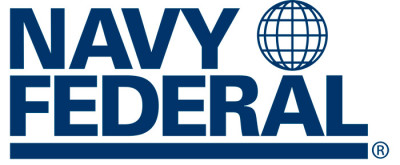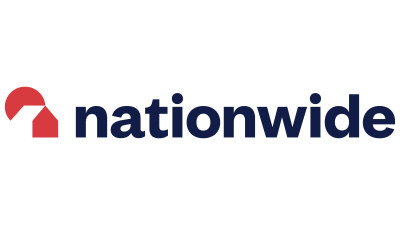Loans for Homebuyers
Loans for homebuyers refer to various types of financial products and borrowing options that individuals use to purchase residential properties. These loans are designed to help homebuyers cover the cost of acquiring a home, which can be a significant financial undertaking.
The rates below are available to first-time buyers. You'll be considered a first-time buyer if you've never owned a residential property in the UK, or anywhere else in the world, and you intend for the property to be your main home. If you'd like to apply for a joint mortgage, both applicants must be first-time buyers.
Best Loans for Homebuyers

Navy Federal extends another proprietary loan option called Homebuyers Choice, tailored for nonmilitary borrowers who are eligible for credit union membership (including civilian employees of the Department of Defense).
Pros and cons

Wells Fargo provides various small-business loans, including secured and unsecured business lines of credit, commercial real estate purchase and refinancing loans, commercial real estate equity loans, lines of credit, and health care practice financing.
Pros and cons

Nationwide offers versatile loans and mortgages. Eligible members enjoy fixed-rate personal loans, while mortgage options cater to various needs, backed by online convenience.
Pros and cons

1Plus1 Loans, founded in 2013, offers unsecured personal loans from £1,000 to £10,000, prioritizing affordability for borrowers with complex credit histories.
Pros and cons

Virgin Money offers diverse financial solutions, including personal loans, business accounts, and mortgages, with competitive rates and convenient processes.
Pros and cons
Is the Average Term Length Right for Me?
The most common mortgage length is a 30-year or 15-year term, but there are 10-, 20- and 25-year options.
As a rule, shorter loan terms come with higher monthly mortgage payments because you’re spreading your payments out over a shorter length of time. But shorter loan terms also come with lower interest rates. That means you pay less in interest over the life of the loan.
FAQ
What is the best loan term for first-time home buyer
The most common mortgage length is a 30-year or 15-year term but there are 10-, 20- and 25-year options. As a rule, shorter loan terms come with higher monthly mortgage payments because you're spreading your payments out over a shorter length of time. But shorter loan terms also come with lower interest rates.
How much deposit do you need for a house?
What is the minimum deposit for a mortgage? The minimum deposit you need for a Nationwide mortgage is 5% of the property price, which would be a 95% mortgage.
First-Time Homebuyer Requirements
To secure approval for a mortgage, you must meet various requirements, depending on the type of loan you're seeking. As a first-time homebuyer, you need to fulfill the broader definition outlined by the Department of Housing and Urban Development, which includes:
- Not owning a principal residence for three years.
- Being a single parent who has only owned property with a former spouse while married.
- Being a displaced homemaker who has only owned property with a spouse.
- Having only owned a residence not permanently affixed to a foundation.
Typically, you'll need to provide proof of income for at least two years, demonstrate the ability to pay the mortgage, make a down payment of at least 3.5%, and maintain a credit score of at least 620. However, as a first-time homebuyer, certain programs exist that allow you to purchase a home with low income, $0 down, and credit scores as low as 500.
Equity and Income Requirements
The pricing of a home mortgage loan is determined by the lender based on the creditworthiness of the borrower, utilizing two key methods. These methods involve checking the borrower's FICO score from major credit bureaus and calculating the loan-to-value (LTV) ratio and the debt-service coverage ratio (DSCR) to decide the loan amount and interest rate.
The LTV ratio represents the amount of actual or implied equity available in the collateral against which the loan is borrowed. For home purchases, the LTV is calculated by dividing the loan amount by the home's purchase price. Lenders assume that a higher down payment reduces the likelihood of default, so the higher the LTV, the greater the risk, leading to higher charges.
To negotiate with a mortgage lender successfully, it's crucial to include any qualifying income available. Additional income, such as from a part-time job or another business, can impact loan qualification or result in a more favorable interest rate. Using a mortgage calculator can illustrate the effects of different rates on monthly payments.
What Is the Average Interest Rate for a First-Time Homebuyer?
The average interest rate for a first-time homebuyer varies based on several factors, including credit scores, down payment percentage, loan type, and market conditions. There isn't specific data indicating that first-time homebuyers, with comparable creditworthiness and circumstances, consistently pay higher or lower interest rates than experienced homebuyers. Individual lenders and market conditions play a significant role in determining the interest rate offered to any homebuyer, regardless of their experience in the real estate market.